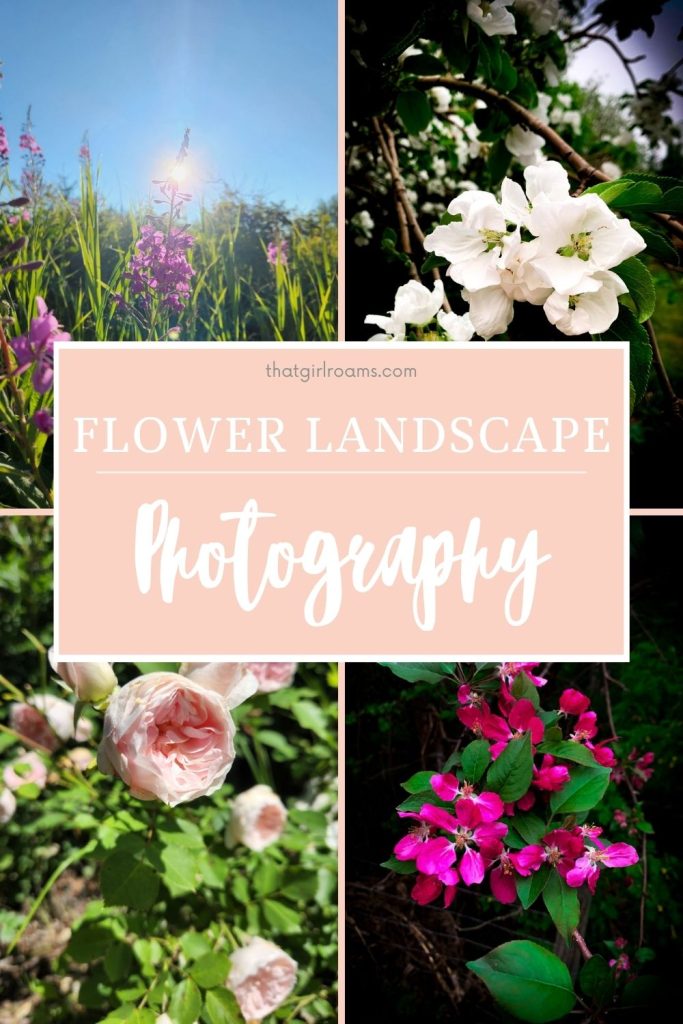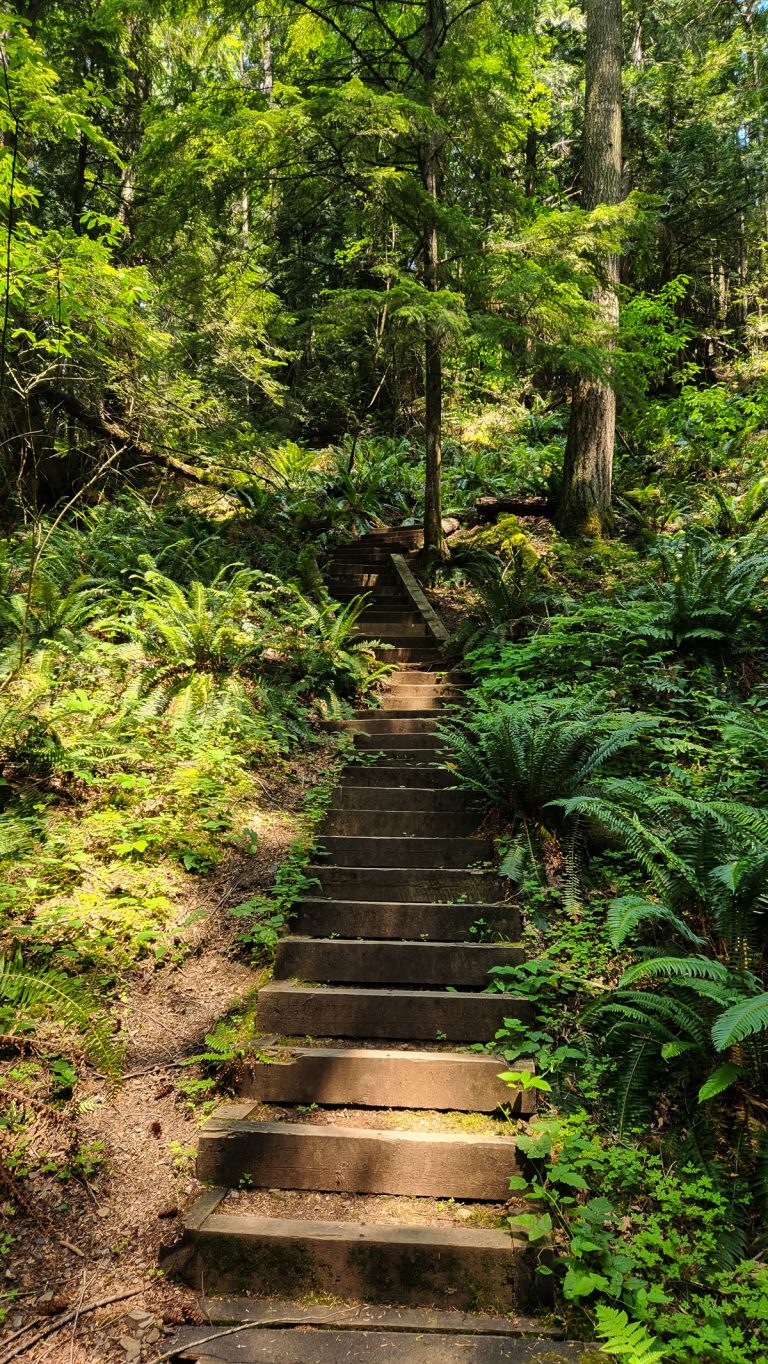Flower Landscape Photography
The world will soon awaken from its winter slumber and the beauty of spring will unfold in the form of blooming flowers. Capturing the essence of these colorful blossoms through landscape photography is a popular pastime that has gained immense popularity in recent years. In this blog post, we’ll explore the art of flower landscape photography and provide some tips to help you capture stunning shots of these natural wonders.
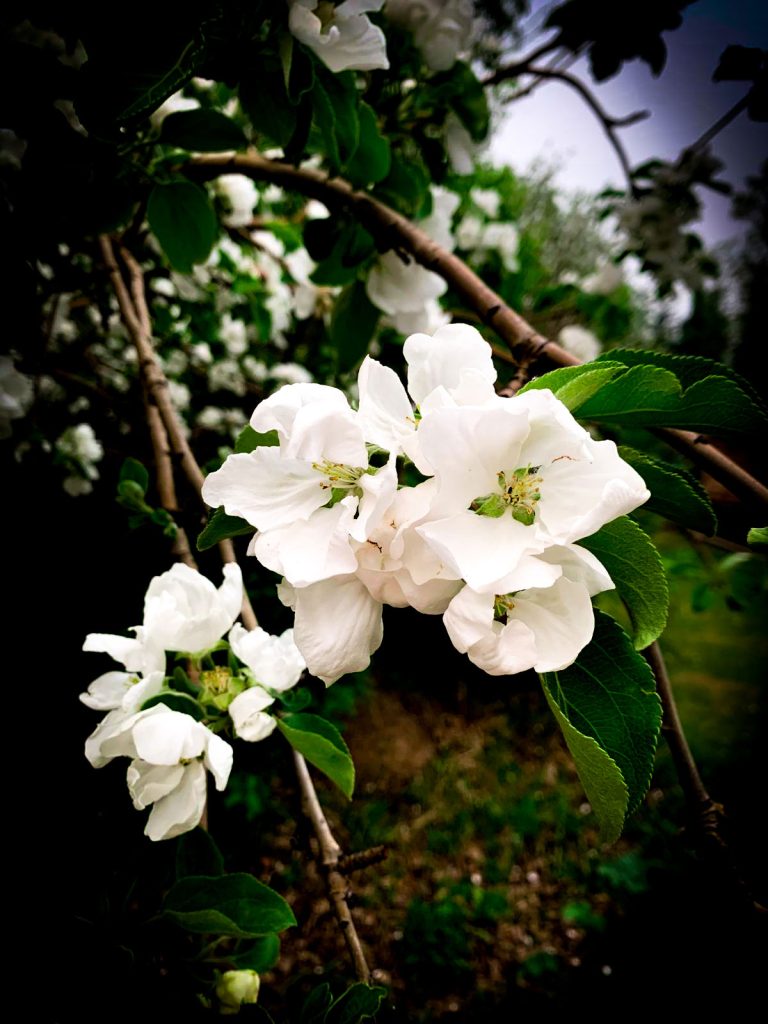
Angles
Like I have said many times on this blog, angles are a must! I mentioned this in my nature scapes photography post and my 7 travel photography tips for beginners post. This may mean getting low to create an angle that makes the flower look big, or getting a birds eye view that makes the flower look small. Any interesting angle can make your flowers look like fresh, clear, blossoms on a chilly spring morning.
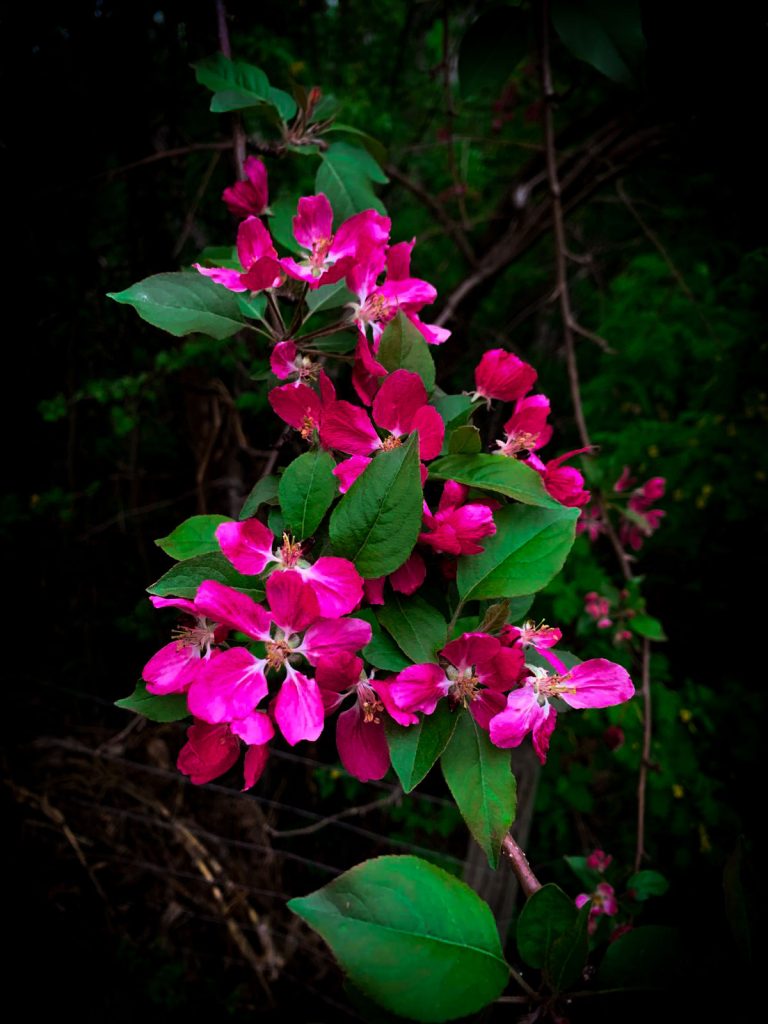
Lighting
it’s important to understand the significance of lighting when it comes to flower landscape photography. The early morning or late afternoon light is the best option as it provides a soft, warm glow to the flowers. Avoid taking pictures during the harsh midday sun, as it creates harsh shadows and makes the colors appear washed out, unless the sun is directly behind the flower to help create an interesting angle.
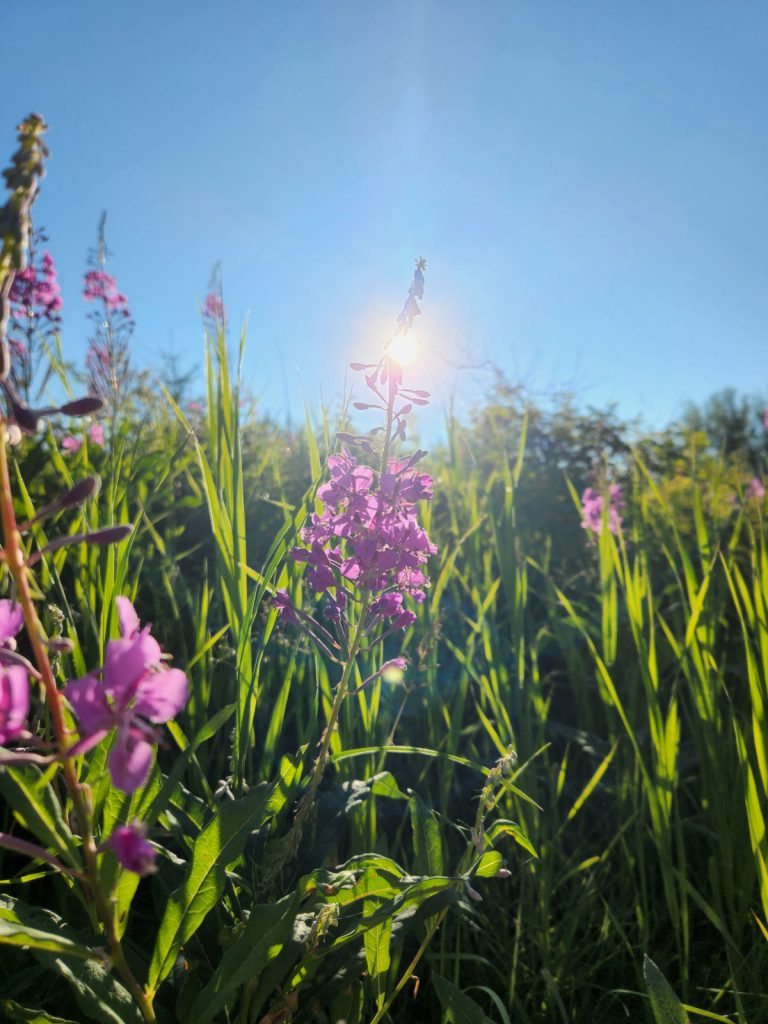
Depth of Field
Another important aspect of flower landscape photography is the use of depth of field. A shallow depth of field helps to isolate the subject and blur the background, giving the image a dreamy, ethereal quality that perfectly captures the essence of the flowers. To achieve this effect, use a setting on your phone, or use a wide aperture setting on a camera to blur out the backround.
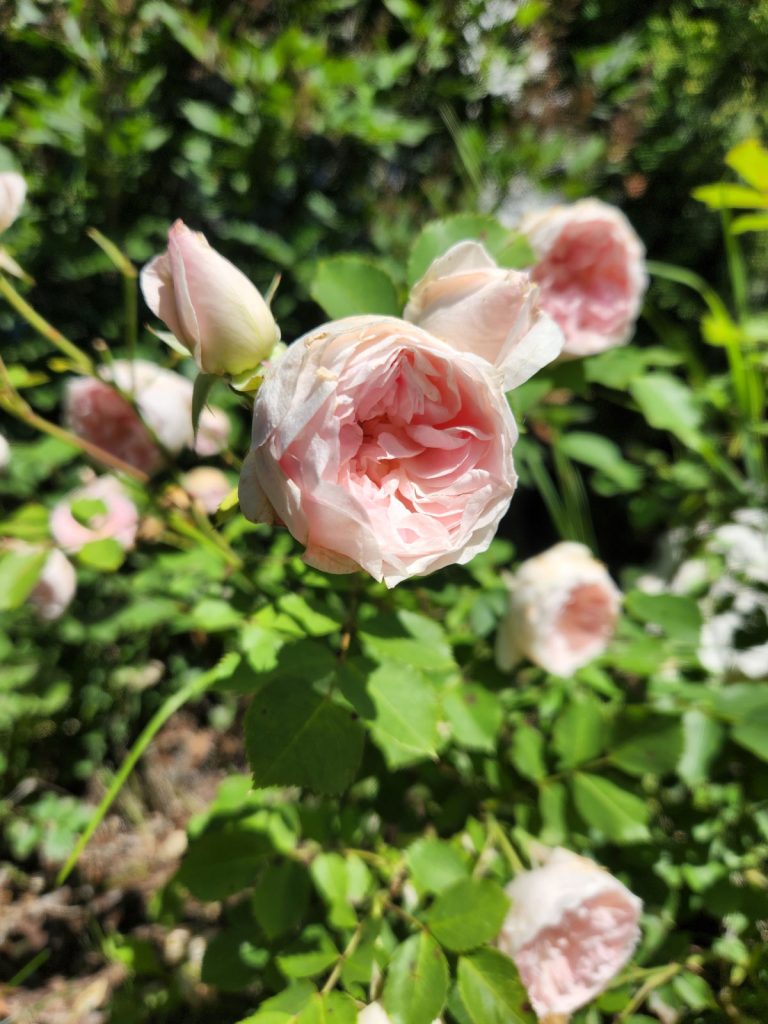
Composition
Composition is also key when it comes to flower landscape photography. Consider the rule of thirds, which involves dividing the image into thirds, both horizontally and vertically, and placing the subject at one of the points where the lines intersect. This creates a more balanced and aesthetically pleasing image. I mentioned this trick in my 7 travel photography tips for beginners post.
Editing
Editing your flower landscape photography helps enhance the flower’s natural beauty. You can up the saturation or use a colour picker to enhance the flower’s specific colour! I love making the flower look bold and ellusive using lightroom.

Patience
One of the most important factors in flower photography is patience. Wait for the perfect moment to capture the shot. Take your time to observe the flowers and their surroundings, and wait for the right light and wind conditions to capture the perfect shot.
Conclusion
In conclusion, flower landscape photography is a great way to capture the beauty of nature. By understanding the importance of lighting, depth of field, composition, and patience, you can create stunning images that showcase the natural beauty of flowers. So grab your camera and head out to your nearest garden or park and start capturing the magic of spring once the time comes!
– xoxo Cadence
